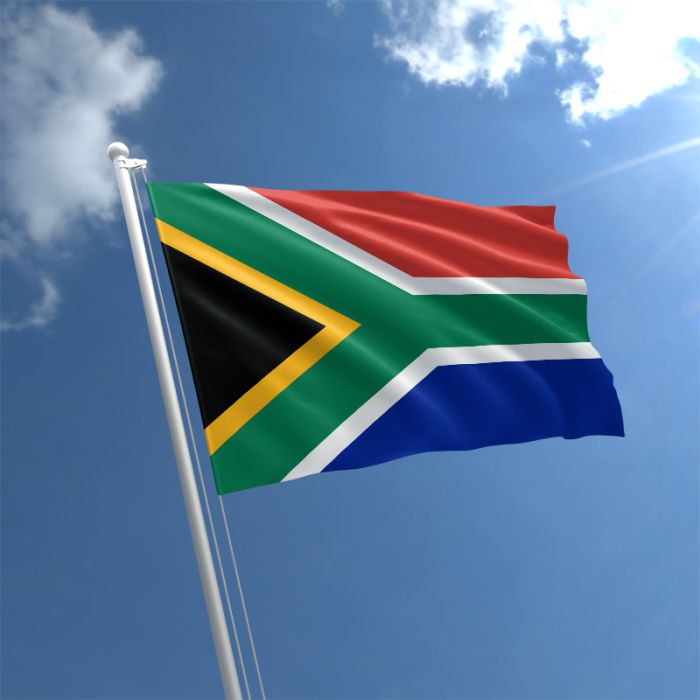South Africa’s finance minister, Enoch Godongwana, has announced an increase in welfare payments to over 18 million beneficiaries in his final budget before the upcoming general election in May. The move comes as the ruling African National Congress (ANC) faces a challenging political landscape and seeks to maintain its majority in parliament.
With left-wing rival, the Economic Freedom Fighters (EFF), pledging to double payments to the less fortunate, the ANC is under pressure to address economic hardships while also managing the growing budget deficit and keeping taxes low.
Godongwana’s budget announcement received applause from ANC Members of Parliament as he confirmed that monthly payments to various vulnerable groups, including the elderly, war veterans, and individuals with disabilities, would rise by 100 rand ($5.32; £4.22) per month. This increase is in line with inflation rates of nearly 5%. Grants for those with children and other beneficiaries will also see a rise.
Speculation had grown following President Cyril Ramaphosa’s earlier comments, indicating an increase in payments to low-income earners and those in dire need. Currently, the Social Relief of Distress Grant (SRD grant) of 350 rand ($5.33) is provided to nine million people, including the unemployed and individuals struggling to find work in a country where almost one-third of the potential workforce is jobless.
Godongwana admitted that efforts were being made to enhance the SRD grant, but he refrained from disclosing the extent of the improvement, emphasizing the need to identify additional revenue sources. The EFF has promised to double all permanent social grants if it emerges victorious in the upcoming election, alongside introducing a new payment specifically for unemployed high school and university graduates.
Ringo Madlingozi, an EFF Member of Parliament and popular musician, criticized Godongwana, accusing him of avoiding responsibility and urged the party’s supporters to vote the ANC out. In response, the main opposition Democratic Alliance (DA) announced plans to increase payments, particularly for those with children, and advocated for transforming the SRD grant into a job seekers’ payment. The DA criticized the budget for falling short in providing sufficient support to vulnerable South Africans.
While the finance minister sought to boost government revenue, he opted not to increase income tax levels. However, more individuals will pay taxes as wages rise. The general fuel levy for car drivers remained unchanged, but a higher carbon tax will result in increased petrol prices. Additional taxes were imposed on cigarettes, e-cigarettes, cigars, and alcohol.
South Africa, grappling with a slow-growing economy, is currently facing significant challenges. Godongwana acknowledged that the country’s developmental needs are not being met due to insufficient job creation and rising living costs. The ANC will have to persuade voters that it can effectively manage the economy and address these pressing issues.
Despite opposition parties labeling the budget a campaign speech for the ANC, Godongwana vehemently denied the accusation. In an interview with local TV station eNCA, he reiterated that his budget prioritized addressing the country’s balance sheet and would have no influence on the upcoming elections.
As the general election approaches, all parties will intensify their efforts to win over voters by addressing their concerns about the economy and welfare. The outcome of the election will determine the direction South Africa takes in tackling its social and economic challenges in the coming years.





